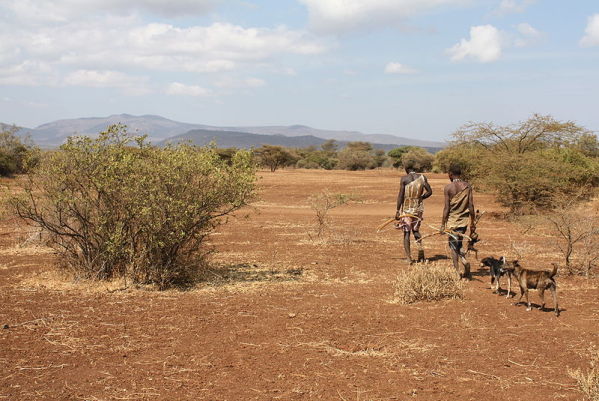In a recent post, I commented on the multi-institutional research study, published in the July 25 of Plos ONE, that challenges conventional wisdom on the role of an active lifestyle in preventing obesity. Anthropologist and the lead author Herman Pontzer discuss the study in The New York Times article Debunking the Hunter-Gatherer Workout:
The World Health Organization, in discussing the root causes of obesity, has cited a “decrease in physical activity due to the increasingly sedentary nature of many forms of work, changing modes of transportation and increasing urbanization.”
This is a nice theory. But is it true? To find out, my colleagues and I recently measured daily energy expenditure among the Hadza people of Tanzania, one of the few remaining populations of traditional hunter-gatherers. Would the Hadza, whose basic way of life is so similar to that of our distant ancestors, expend more energy than we do?
The short answer: no. The study, while adding some subtle complexity to the role of physical activity, strongly points to the nutritionaly deficient Western diet as the primary cause of the obesity epidemic:
All of this means that if we want to end obesity, we need to focus on our diet and reduce the number of calories we eat, particularly the sugars our primate brains have evolved to love. We’re getting fat because we eat too much, not because we’re sedentary.
I would add: we eat too much of the wrong things. It is much harder to overeat when the diet consists of lean meats, fish, vegetables, fruits, nuts and berries, and contains, minimal, if any, grains, refined sugars, or dairy. While physical activity is important to great health, its major role is improving cardiovascular, neurological, and musculoskeletal health rather than reducing weight.
Physical activity is very important for maintaining physical and mental health, but we aren’t going to Jazzercise our way out of the obesity epidemic.
Related Posts
 Wednesday, October 23, 2013 at 06:02PM
Wednesday, October 23, 2013 at 06:02PM 

